In the dynamic world of the cannabis industry, understanding HHC and its relation to THC is like trying to solve a Rubik's cube. Curious minds often wonder: "Does HHC contain THC?" or "If I have an upcoming drug test, will taking HHC show up as THC?" It's understandable to question this, considering their similar chemical structures. Join us as we unravel the mystery surrounding HHC and drug tests. We'll discuss HHC effects, if HHC drug tests exist, whether consuming HHC will cause you to fail a drug test.
What Is HHC?
Hexahydrocannabinol, or HHC, is a cannabinoid found in cannabis plants. It's a psychoactive compound that can be processed from compounds available in legal hemp plants. HHC is becoming more recognized as the cannabis market evolves and is often sold as an alternative to THC products.
The chemical difference between HHC and THC is primarily due to hydrogenation. This process replaces the double bond of Delta 9 THC with hydrogen.
Most commercial HHC products are synthesized from CBD by manufacturers using a process called catalytic hydrogenation.
While some people report that HHC also gives them a high, there's limited research to confirm this. Therefore, HHC effects, safety, and legality are still being explored in the scientific community.
Is HHC Natural?
HHC is a minor cannabinoid that occurs naturally in cannabis plants, albeit in trace amounts. To get usable HHC quantities, hydrogen molecules are added to hemp-derived cannabinoids under pressure, or hydrogenation.
Commercially available HHC is typically synthesized from other cannabinoids in legal hemp. Although HHC's origin is natural, the concentration process for commercial use is human-mediated.
How Is HHC Made?
Chemical processes are integral in making hemp-derived cannabinoids intoxicating. Firstly, HHC is extracted from raw hemp using methods like solvent extraction or mechanical separation. This results in a distilled and isolated powder form of the cannabinoid.
Then, isolated CBD goes through isomerization, which involves chemical processes that convert CBD into Delta 9 THC.
Then, the Delta 9 THC compound goes through hydrogenation, where changes in pressure or temperature break down complex molecules into simpler ones. In this case, hydrogen is added to the THC compound, changing its physical properties and converting it into HHC with the help of a catalyst.
Sometimes, artificial gastric juice is used to convert CBD into HHC, creating a mix of cannabinoids. The final product is then purified to remove any unwanted compounds, ensuring the purity and safety of the HHC. These intricate chemical processes demonstrate the complexity and scientific innovation within the cannabis industry.
Are HHC Products Synthetic?
HHC is often referred to as a semi-synthetic cannabinoid. This is because it's produced through a process that involves adding hydrogen to another cannabinoid, typically CBD, in a lab setting. This process, known as hydrogenation, alters the structure of the CBD molecule and turns it into HHC.
While HHC can be found naturally in trace amounts in Cannabis sativa, it's rare and not commercially viable to extract it directly from the plant. Therefore, most HHC products on the market are made synthetically from hemp-derived CBD.
The term "semi-synthetic" is used to distinguish HHC from fully synthetic cannabinoids, which are created entirely in a lab and don't involve the use of any natural plant material. Despite being made in a lab, HHC is derived from natural components, hence the label "semi-synthetic."
Does HHC Have THC In It?
HHC is not technically a form of THC, but rather a derivative of THC. This means that while HHC and THC share similarities in their chemical structure, they are distinct compounds. The key difference is that HHC has additional hydrogen double bonds due to the hydrogenation process it undergoes during synthesis.
It's important to note that despite these differences, HHC can metabolize into many of the same compounds as THC, including THC-COOH, which is one of the primary markers looked for in drug tests. However, HHC itself will not show up on a drug test. The possibility exists that an HHC product might contain small traces of THC, depending on how it was formulated.
Does HHC Contain a THC Molecule?
HHC and THC are unique cannabinoids from the cannabis plant with different molecular structures and effects on the body's endocannabinoid system. Although HHC doesn't inherently contain THC, HHC products might have THC traces due to manufacturing processes. Both can produce intoxicating effects of varying intensities.
Does HHC Cause Psychoactive Effects?
HHC does cause psychoactive effects. Users report that it can induce a mild feeling of high and potentially stimulate an increase in mood and activity more than THC typically does.
HHC, like other psychoactive cannabinoids, interacts with CB1 receptors. This interaction influences the release of neurotransmitters in your brain, which are chemicals responsible for transmitting messages between cells.
What Is Stronger: THC or HHC?
THC is generally considered stronger than HHC. THC is renowned for its potent psychoactive effects that produce a high, while HHC produces similar effects. However, they are typically milder and more subdued.
According to research, the effects of HHC are estimated to be around 50 80% less potent than those of regular THC. So, if we're talking about the intensity of the psychoactive effects, THC is stronger than HHC.
Is There an HHC Drug Test?
No, there are no specific drug tests designed solely for HHC. Standard drug tests typically screen for THC metabolites. Due to the structural similarities between HHC and THC, use of HHC could potentially cause a failed drug test. However, these tests cannot specifically identify HHC and the results can vary based on the type of test and individual metabolic factors.
As laws start to crack down on the production of minor cannabinoids, HHC drug tests may be an option in the future. However, there are currently no drug screening protocols for HHC at the moment.
Is There an HHC THC Drug Test?
Urine drug tests analyze the chemical properties of urine to detect the presence of specific substances and their metabolites. For cannabis, drug tests are designed to detect Delta 9 THC metabolites. Although it would be logical to add other psychoactive cannabinoids like HHC to urine drug test panels, there is no specific HHC drug test currently available.
Are HHC Metabolites Different from THC Metabolites?
HHC and THC metabolites do differ, with HHC creating 11-hydroxy-HHC as opposed to THC's 11-hydroxy-THC. However, their molecular similarity means they could both flag a positive drug test.
How Do Urine Drug Tests Work?
Urine drug tests for cannabis products work by detecting the presence of THC metabolites—the substances produced when the body breaks down THC, the active compound in cannabis.
When a person consumes cannabis, the body metabolizes THC into THC-COOH, which is primarily excreted through urine. The test uses an immunoassay, a biochemical test that measures the presence of THC-COOH based on a detection threshold. If these metabolites are present above the cutoff level, the person will have a failed drug test.
Does HHC Test Positive for THC in a Urine Drug Test?
Yes, there is a possibility that HHC can show up on a drug test. Standard drug tests typically screen for THC metabolites, and given the structural similarities between HHC and THC, the use of HHC could potentially result in a positive drug test.
However, it's important to note that drug tests are not designed to specifically identify HHC, and the results can vary based on the type of test and individual metabolic factors. As such, if you are subject to drug testing, it's advisable to exercise caution when using HHC products.
How Long Does HHC Stay in Your System?
The duration that HHC stays in your system depends on factors like frequency of use, amount consumed, metabolism, body fat, and health. HHC, like other cannabinoids, is stored in fat tissues, remaining detectable from a few days to several weeks based on usage.
The biological half-life of HHC is about 30 minutes, but it can accumulate in fat tissues, prolonging its presence. Detection also depends on the test type; urine tests may detect HHC up to 4 days post-use, while blood tests may detect it up to 24 hours, and potentially longer.
Is HHC a Legal Alternative to THC?
HHC, a psychoactive cannabinoid derived from legal hemp plants, is often seen as a potentially more lawful alternative to THC. It's known for inducing a milder, clear-headed high compared to regular Delta 9 THC. However, the legality of HHC can be intricate and region-specific.
Many alternative cannabinoids, including HHC, operate in a legal gray zone, with some places even prohibiting the sale of synthetic cannabinoids like THC O and HHC. Therefore, it's essential for consumers to stay abreast of their local cannabis laws. Despite HHC's current status as a legal THC substitute, this could change as regulations continue to evolve.
What Has More HHC: Marijuana or Hemp?
Both marijuana and hemp belong to the Cannabis sativa family, but they have different cannabinoid compositions. Marijuana is recognized for its high THC content, while hemp, which is abundant in CBD (cannabidiol), has THC levels that must be compliant with the standards currently outlined in the Farm Bill.
HHC promotes intoxicating effects, which also can occur when a person consumes marijuana. Whereas consuming hemp is non-intoxicating.
HHC appears in low levels in both marijuana and hemp. However, due the psychoactive nature of HHC consumption, many scientists believe marijuana may have higher levels naturally.
With that said, most HHC products use HHC from hemp CBD. That makes this psychoactive compound a hemp-derived cannabinoid. Due to legalities, many manufacturers can increase HHC levels in hemp products to support a psychoactive experience.
Additionally, many hemp farmers are starting to breed hemp strains with higher levels of minor cannabinoids. Currently, there are no known strains that have been bred to yield higher levels of HHC. However, as the demand for Delta 9 THC alternatives grows, high-HHC hemp plants may be a possibility in the near future.
What Is the Difference Between HHC and THC O?
HHC and THC O, or THC O Acetate, are both types of cannabinoids, but they have distinct origins, methods of production, and effects.
HHC naturally occurs, albeit in tiny amounts, in the hemp plant. It is a hydrogenated variant of THC and is known to bring about a state of relaxed mental clarity.
THC O, meanwhile, is a synthetic cannabinoid. It's created through a process known as acetylation of THC, which means it isn't directly extracted from the cannabis plant like HHC is. THC O is renowned for its powerful introspective effects, and it's considered to be 2-3 times more potent than regular THC.
What's the Difference Between Synthetic HHC and Hemp-Derived THC?
HHC, Delta 8 THC, and Delta 10 THC are all types of hemp-derived cannabinoids that can be synthetically manufactured from CBD for use in various hemp products. Despite their shared origin, they exhibit distinct characteristics due to their different molecular structures and effects on the body.
As we’ve discussed, HHC is a semi-synthetic cannabinoid that’s created by introducing hydrogen to the THC molecule. Despite being an analog of THC, HHC is approximately 80% as potent, surpassing both Delta 8 and Delta 10 THC in terms of psychoactive intensity.
Delta 8 THC, meanwhile, is an isomer of Delta 9 THC. Although it shares a similar chemical structure to its THC counterpart, notable variations result in less potency and milder psychoactive effects. Its derivation process from hemp CBD typically involves temperature changes, the use of solvents, and pH adjustments.
Lastly, Delta 0 THC, another THC analog, is recognized for its more stimulating effects relative to Delta 8 THC. Its lower potency doesn't detract from its unique influence due to its distinct molecular structure. Like Delta 8, Delta 10 THC is commonly derived from hemp CBD through specific laboratory processes.
Does HHC Have THC?
HHC and THC are both cannabinoids found in the cannabis plant that interact with the endocannabinoid system to produce psychoactive effects. However, they are distinct chemical compounds with differing properties and effects. While THC is well-known for its potent psychoactive effects, HHC is a relative of THC that delivers similar but often milder effects. It's important to note that HHC doesn't contain THC but is a form of it, undergoing a different process of hydrogenation that provides it with a longer shelf life. As the cannabis market continues to evolve, HHC has increasingly come into the spotlight, offering an alternative for users seeking different experiences and benefits from cannabis products. Like all cannabinoids, more research is needed to fully understand the unique properties and potential of HHC.https://youtu.be/jN6_dwj0pSc










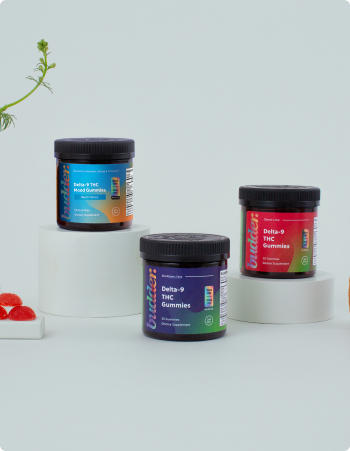
















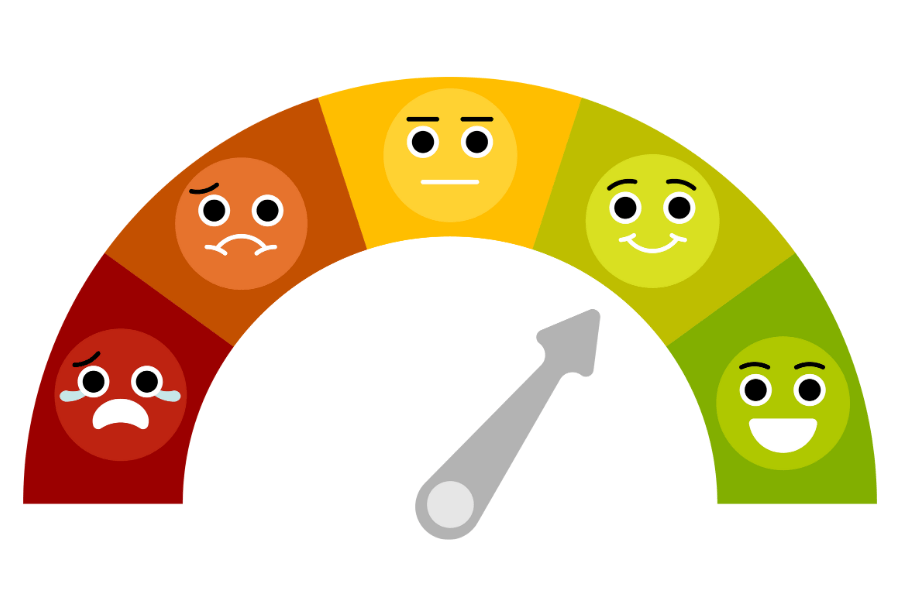
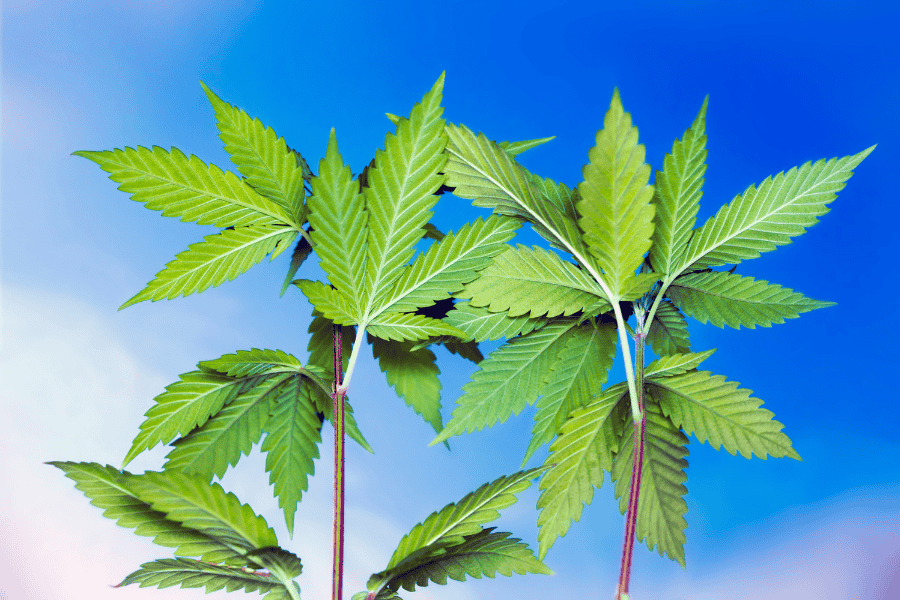






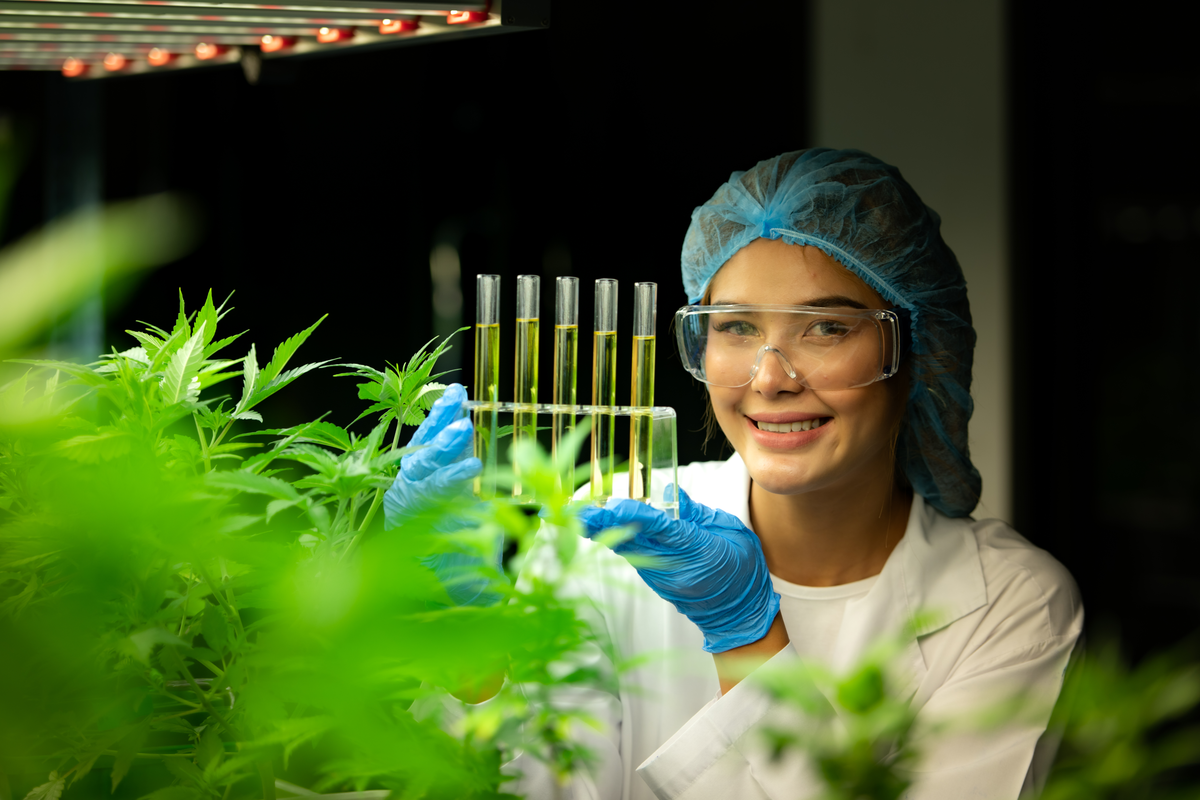













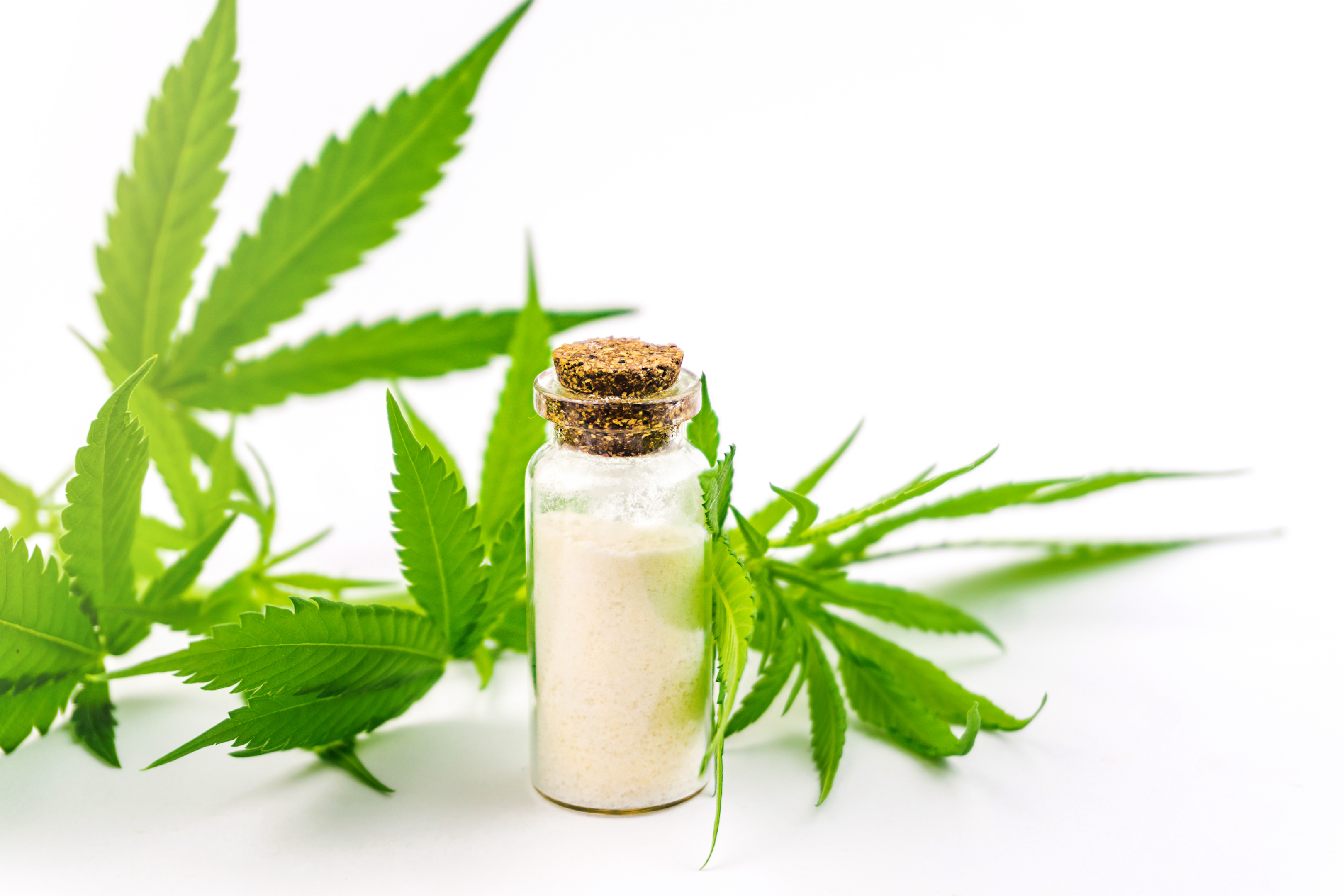

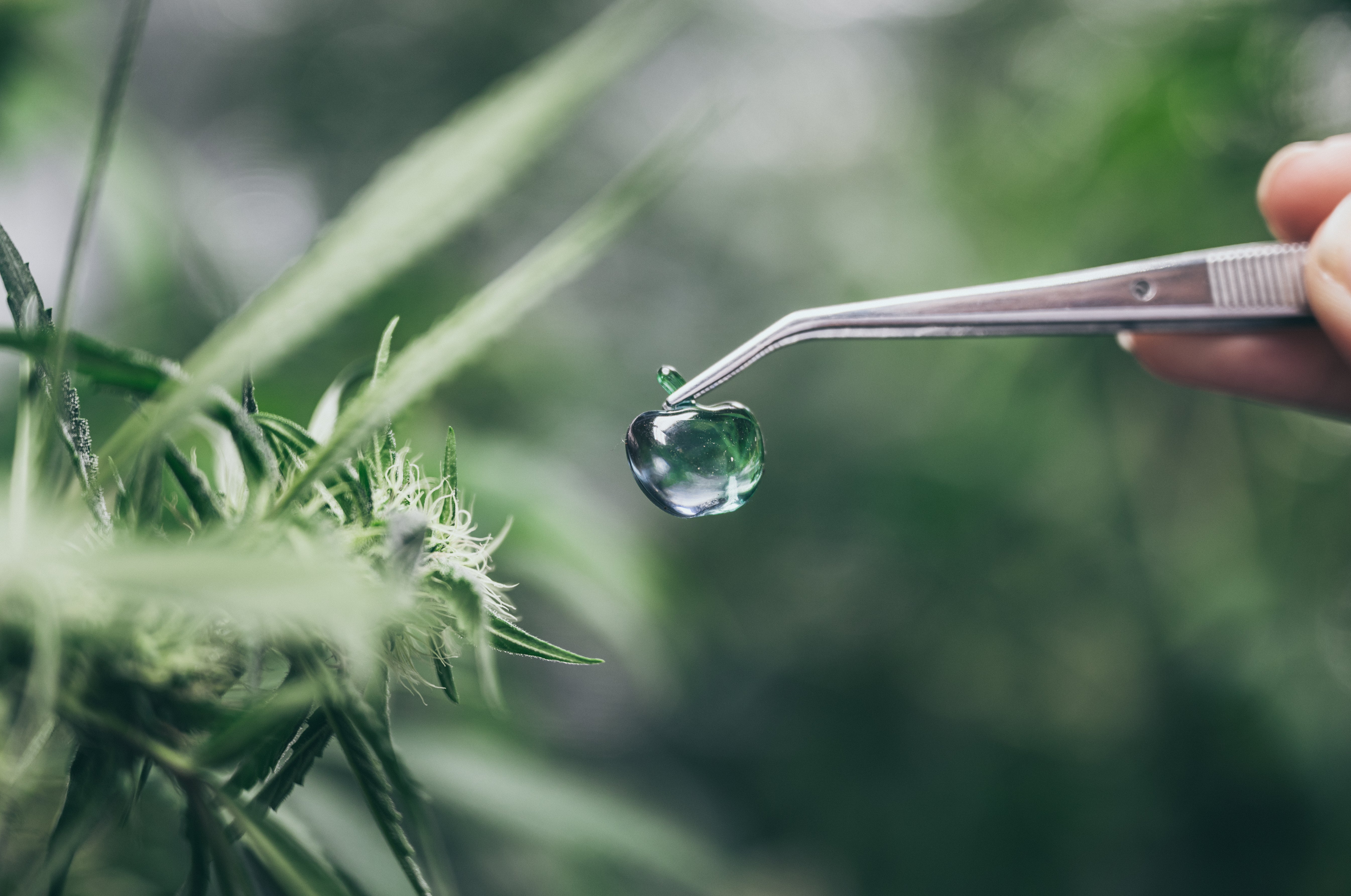
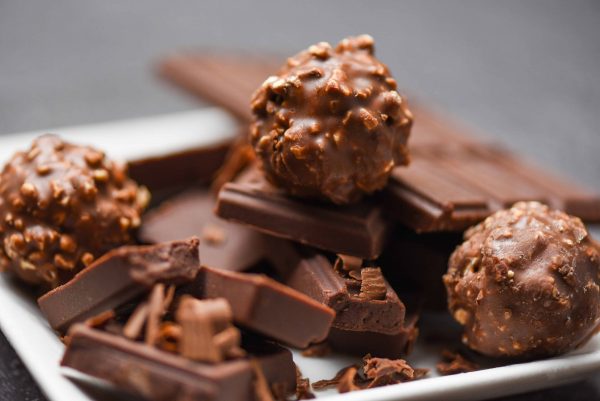
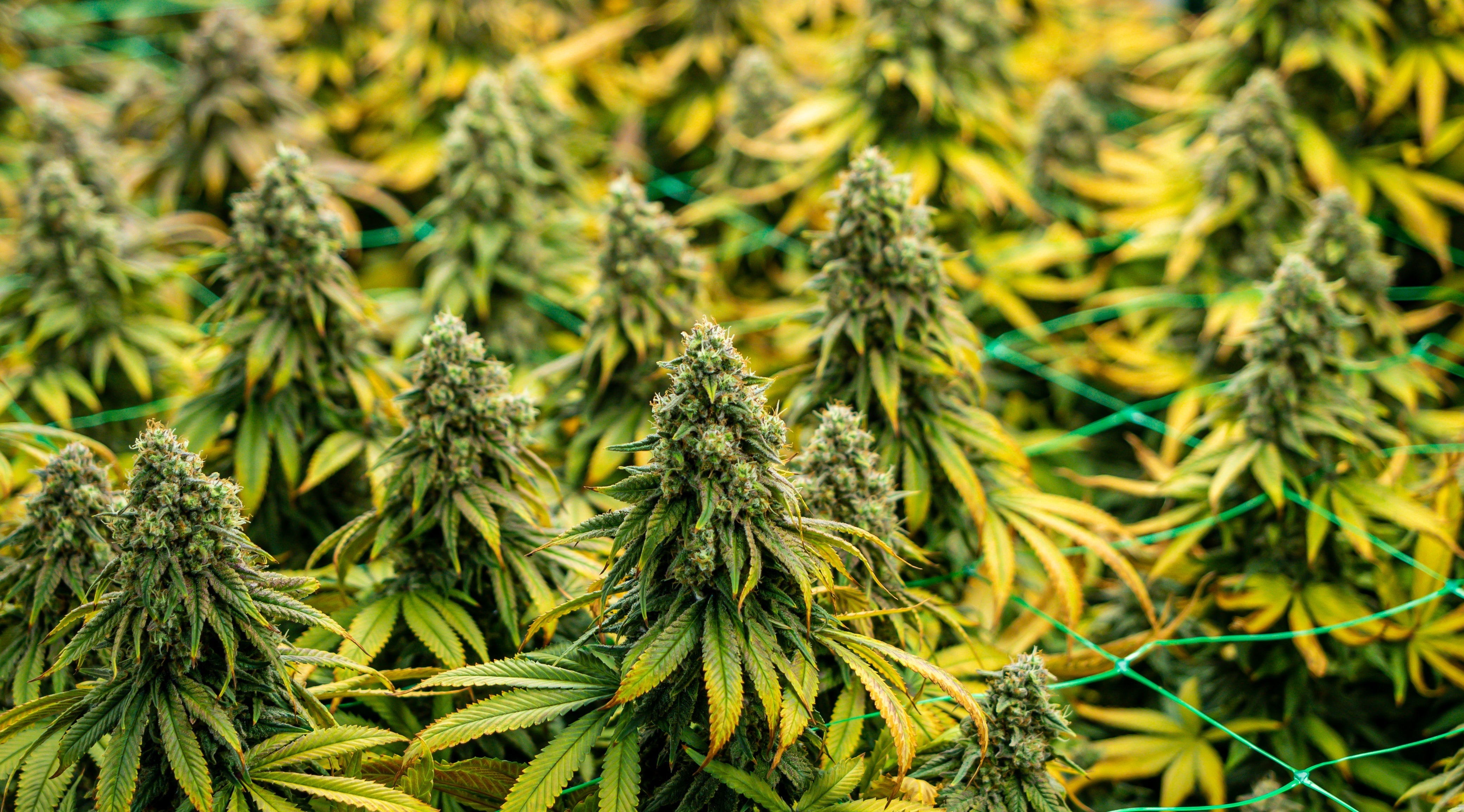
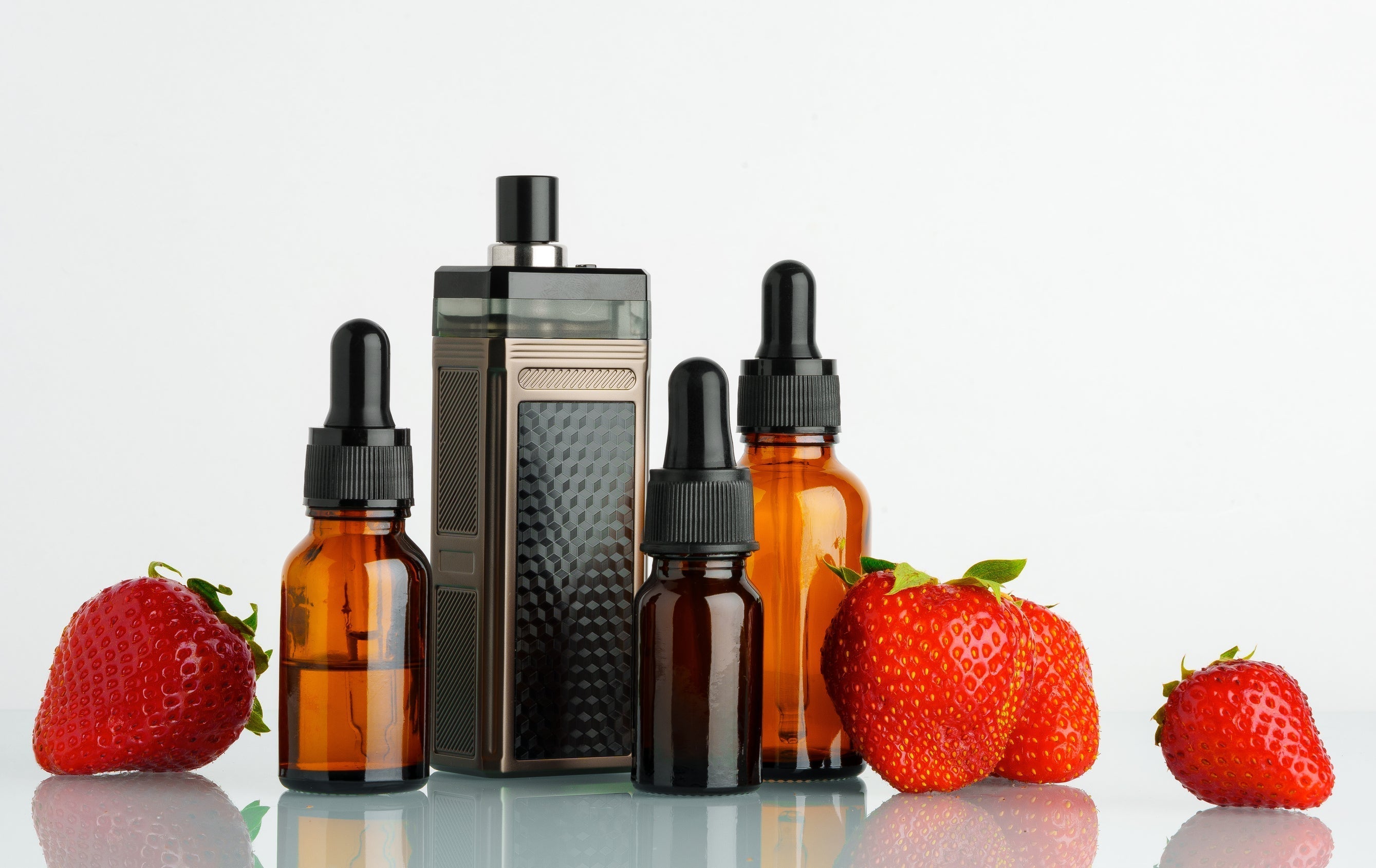
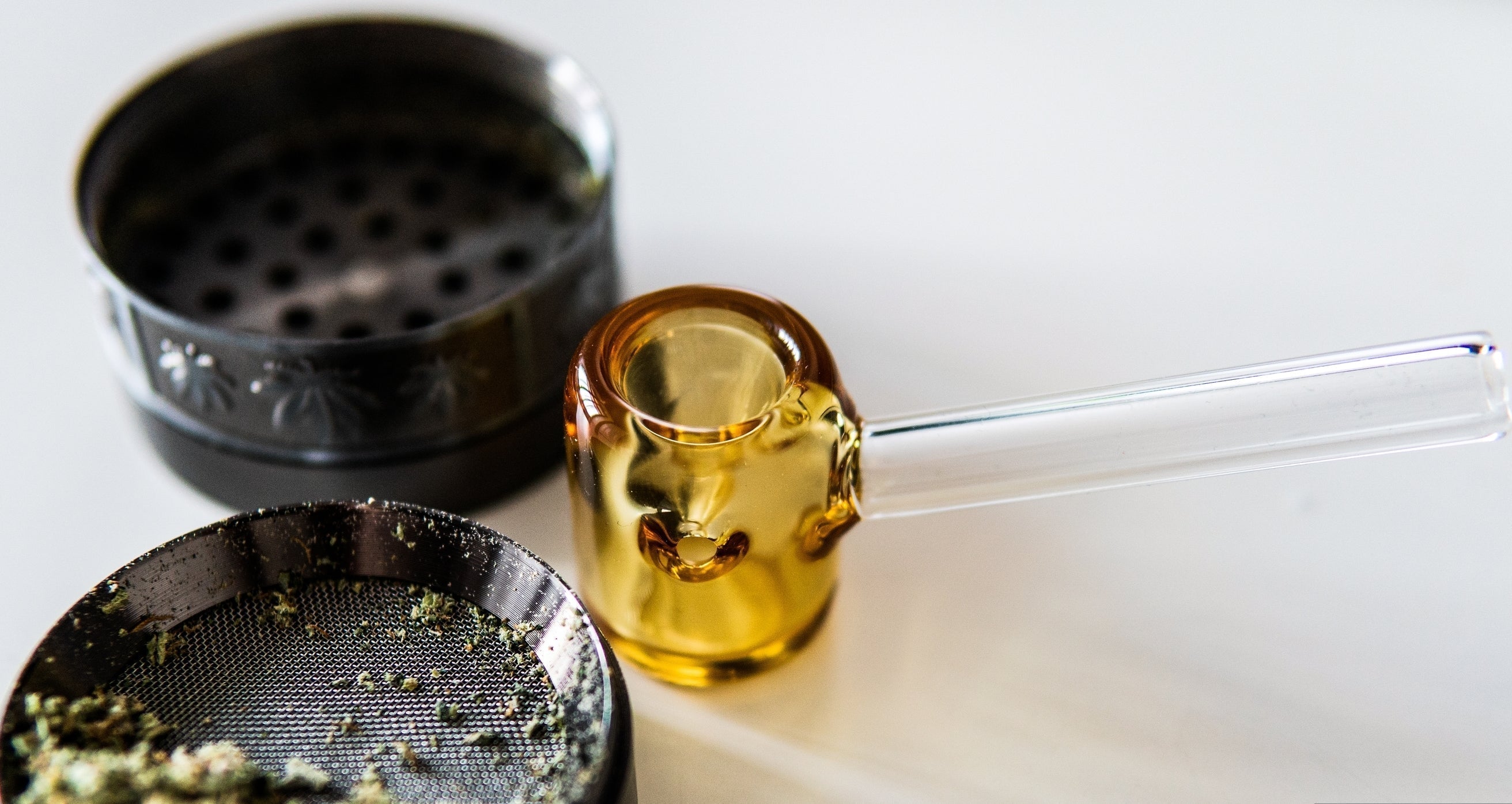
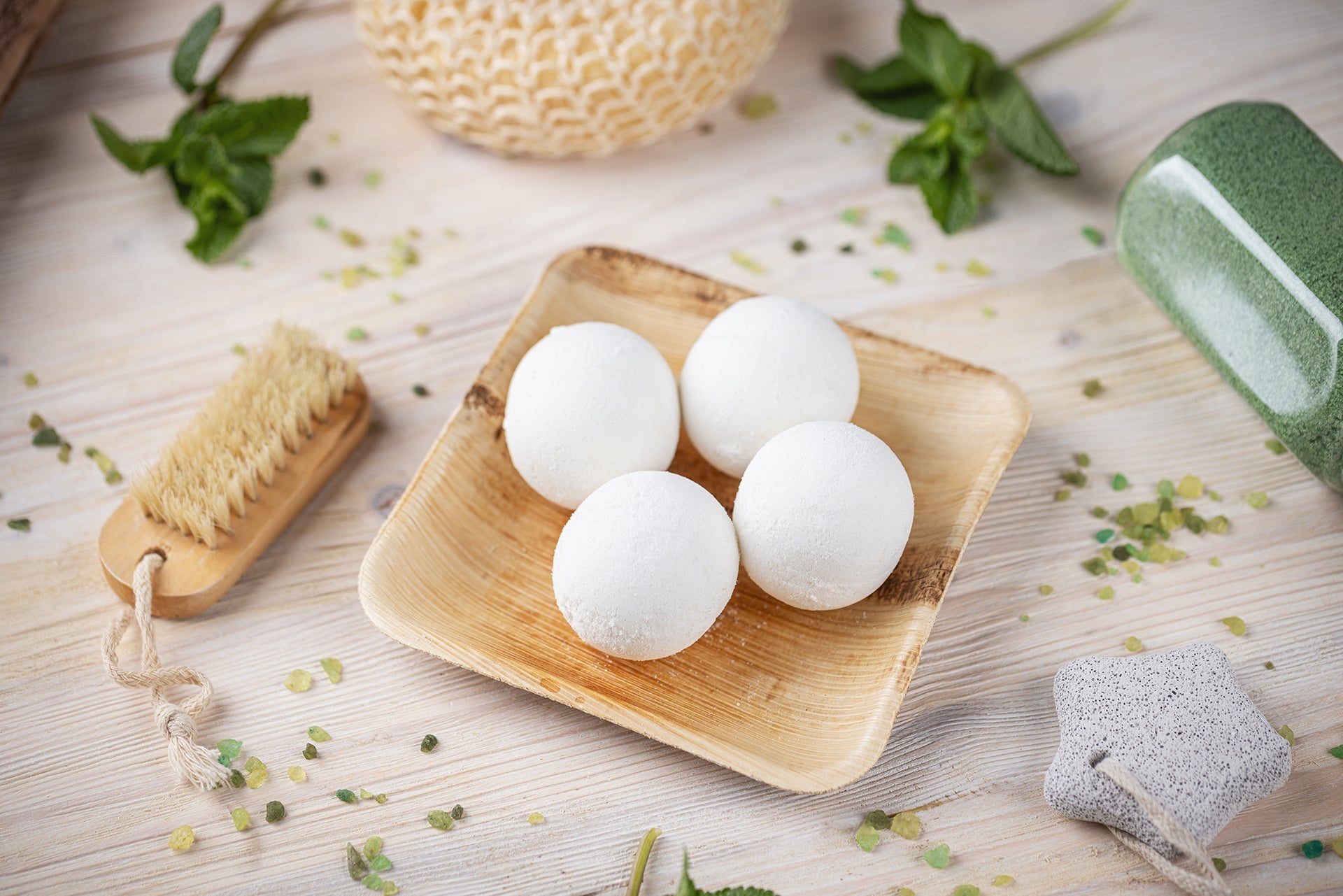


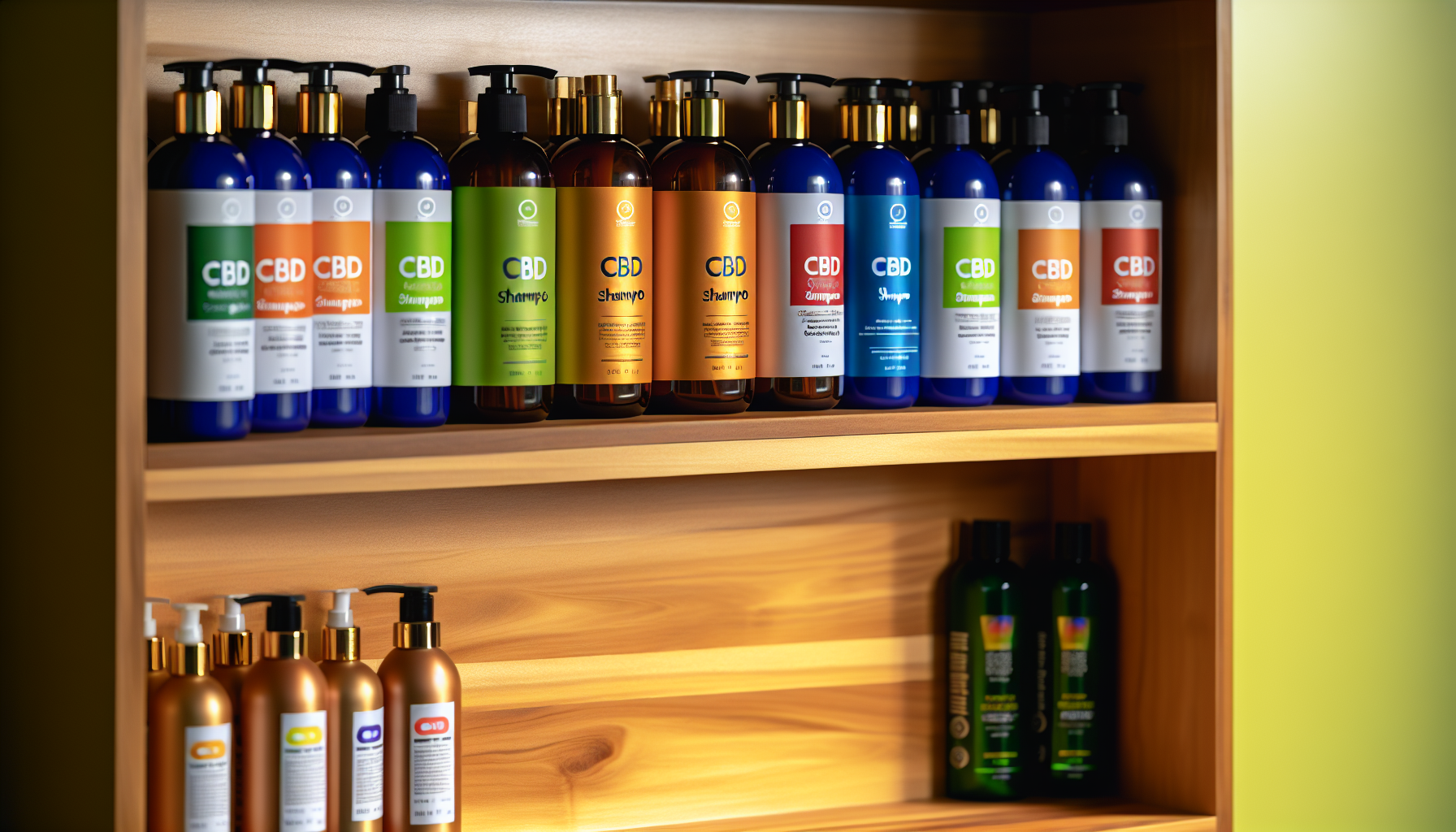
Join in on the Conversation
Your email address will not be published. Once your comment is approved, it will be published.